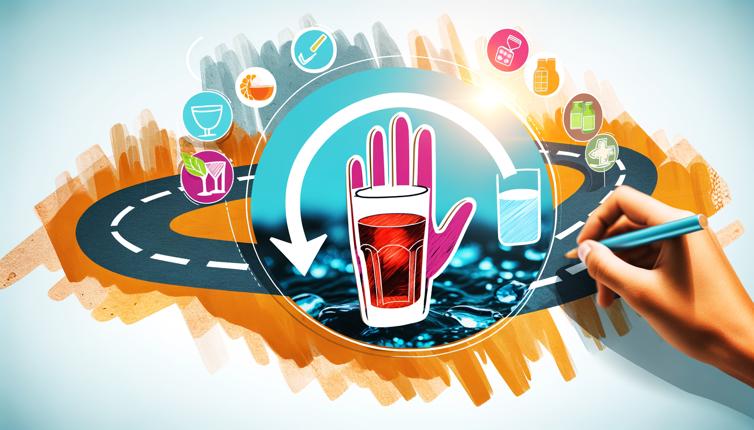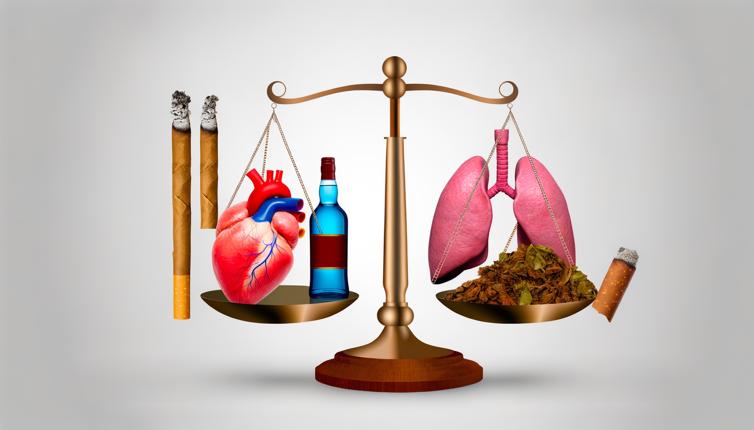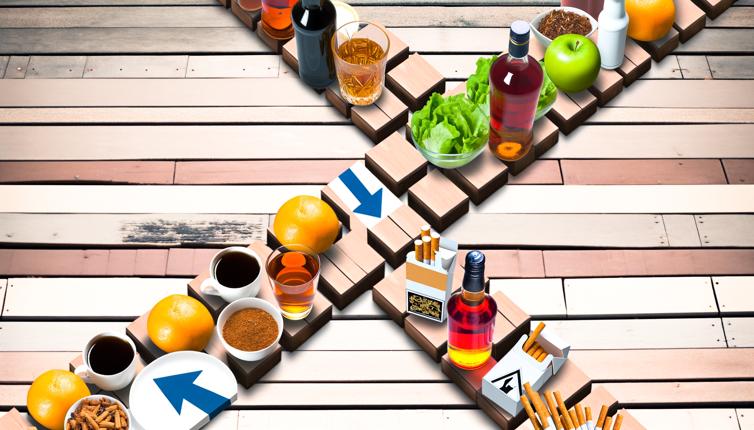Evaluate Your Current Habits
The first step in crafting a personalized plan to reduce alcohol consumption is to evaluate your current habits. Take some time to reflect on how much you're currently drinking and in what situations.,Consider keeping a journal to track your alcohol consumption. This can help you identify patterns and triggers that may be contributing to excessive drinking.,It's also important to be honest with yourself about any negative consequences that have resulted from your drinking. This can serve as motivation to make changes.,By evaluating your current habits, you'll have a better understanding of where to focus your efforts and make necessary adjustments.
Set Realistic Goals
Once you have evaluated your current habits, it's time to set realistic goals for reducing your alcohol consumption. Be specific about what you want to achieve and give yourself a timeline to work towards.,For example, you might set a goal of only drinking on weekends or limiting yourself to a certain number of drinks per week.,It's important to set goals that are achievable and sustainable. It's unlikely that you'll be able to completely eliminate alcohol from your life, so focus on finding a balance that works for you.,Remember to be flexible and adjust your goals as needed. It's okay to start small and gradually work towards bigger changes.
Identify Triggers and Find Alternatives
One of the keys to reducing alcohol consumption is identifying your triggers and finding alternative coping mechanisms. Common triggers may include stress, social situations, or certain emotions.,Once you have identified your triggers, brainstorm healthier alternatives that can help you deal with these situations. For example, if you typically reach for a drink when you're stressed, consider trying relaxation techniques like deep breathing or exercise instead.,Finding healthy alternatives can help you break the association between certain triggers and alcohol, making it easier to reduce your consumption.,It's also important to seek support from friends, family, or professional resources if you're struggling with finding alternatives or dealing with cravings.
Conclusion
Crafting a personalized plan to reduce alcohol consumption is a proactive step towards improving your health and well-being. By evaluating your current habits, setting realistic goals, and identifying triggers, you can develop strategies that work for you. Remember, it's okay to seek support along the way. With determination and a personalized plan, you can reduce your alcohol consumption and create a healthier lifestyle.









